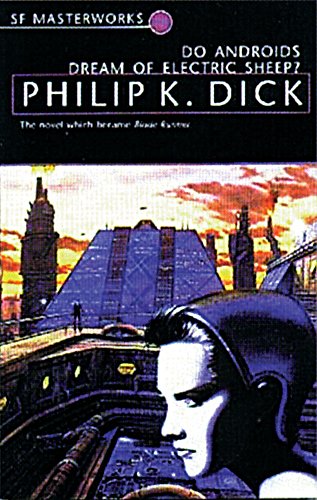It being Farewell to Manzanar, Jeanne Wakatsuki Houston's 1973 memoir describing her family's experiences before, during and after their imprisonment at the Manzanar Concentration Camp. You are all aware, smart students that you are, of how the United States government imprisoned Japanese Americans in internment camps during World War II because of their potential threat to national security. I'm reading it right now, which is rather fitting because the first week of May is Asian Pacific American Heritage week. This date was chosen because two important anniversaries occurred during this time: the arrival of the first Japanese immigrants in America in 1843 and the completion of the Transcontinental Railroad (by many Chinese laborers) on May 10, 1869.
But back to the book. I'll finish it today because it's only 203 pages. If it's important to you to know our history, and to develop empathy through understanding the plight of others, then I highly recommend you pick up this book. Seriously. At some point it will show up on a school reading list.
Jeanne's father was actually sent to an internment camp in North Dakota before being reunited with his family at Manzanar. Here is what she writes about her father's time there:
Papa never said more than three or four sentences about his nine months at Fort Lincoln. Few men who spent time there will talk about it more than that. Not because of the physical hardships: he had been through worse times on fishing trips down the coast of Mexico. It was the charge of disloyalty. For a man raised in Japan, there was no greater disgrace. And it was the humiliation. It brought him face to face with his own vulnerability, his own powerlessness. He had no rights, no home, no control over his own life.
I'll just let you think about those words for a while. And I hope that you'll join me in reading this important book.
Empathy through understanding.
And by the way, the Chavez Library is looking for teen volunteers (age 14 and older) to be part of Summer Book Buddies -- a program that helps children entering the 1st, 2nd and 3rd grades with reading. Join us! You will feel really, really great about giving back to your community. Training is Saturday, June 7 from 10 am until 12 pm. Questions? Call (209) 937-7012.
Happy reading!





